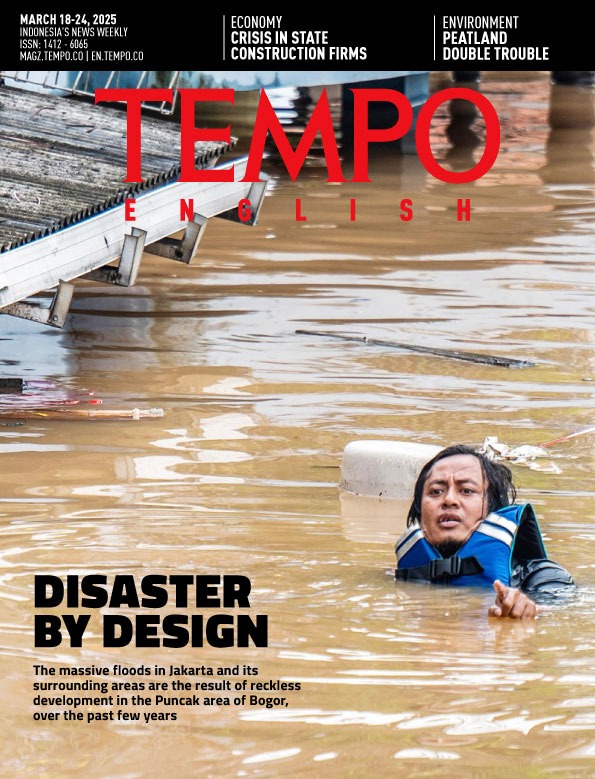The Inevitable Transition to Nuclear Energy
Monday, August 26, 2024
The transition to nuclear energy must be accelerated to meet the ever-increasing demand for electricity. It is more environmentally friendly.
arsip tempo : 174444442321.

NOTHING can meet Indonesia’s demand for electricity except nuclear power plants. So it is inevitable that proposal to transition from power plants burning fossil fuels such as coal to nuclear power plants will become a reality.
From 2035 to 2040, for example, electricity demand is predicted to soar, and could reach 1,600 terawatt-hours. If we only rely on fossil fuels and renewable energy power plants, with a total capacity of just 1,390 tWh, it is clear that this demand will not be met.
Moreover, Indonesia is committed to achieving zero emissions by 2060. Nuclear energy should be an option because it is environmentally friendly and could minimize the greenhouse effect. If we continue to use coal energy, by 2040, Indonesia will reach a dangerous peak of carbon emissions.
Therefore, the government should not be half-hearted in implementing the transition to nuclear energy embodied in the 2020-2034 National Medium Term Development Plan. The National Energy Council is right to target 2032 for the start of operations of a 500-megawatt nuclear power plant on Gelasa Island, Bangka Belitung. To be consistent in achieving this target, the construction of this power plant, which will take eight to 10 years, should begin immediately.
Of course, there are many concerns about the safety and security of nuclear plants. Memories of the nuclear accidents at Chernobyl, in Ukraine in 1986 and Fukushima, in Japan in 2011 still haunt nations planning to operate such installations. And Indonesia, which is prone to earthquakes, is deemed as not an ideal place for nuclear power plants.
Others point out that Indonesia does not have sufficient quantities of nuclear fuel, namely uranium. It is estimated that we only have enough uranium reserves for one 1-gigawatt power plant for six years. And the transition to nuclear is considered as hasty because renewable energy sources such as wind, water and solar power have not been exploited to their maximum capacity.
Although they should be considered, these concerns should not be blown out of proportion. After all, Indonesia has experience in managing nuclear reactors. In the Sukarno era, the government built Triga Mark II in Bandung, West Java, which was inaugurated in 1961. Then, during the Suharto presidency, two reactors were built. The first was the Kartini reactor in Sleman, Yogyakarta, inaugurated in 1979, followed by the G.A. Siwabessy Multipurpose Reactor in Serpong, South Tangerang, Banten in 1987.
These three reactors were designed to produce not electricity, but radioisotopes used for medical and agricultural purposes. But they did at least prove that our experts are able to operate nuclear technology, including handling waste.
And the nuclear power plant targeted to begin operating in 2032 will be a fourth generation reactor with the latest safety technologies. Even in an emergency, for example, such reactors need no operator intervention to shut down.
Therefore, given these technological advances, what we need to worry about is not the safety of the power plants themselves. What needs to be anticipated is corruption and fraud in their construction, which could sacrifice safety and security in the future.











